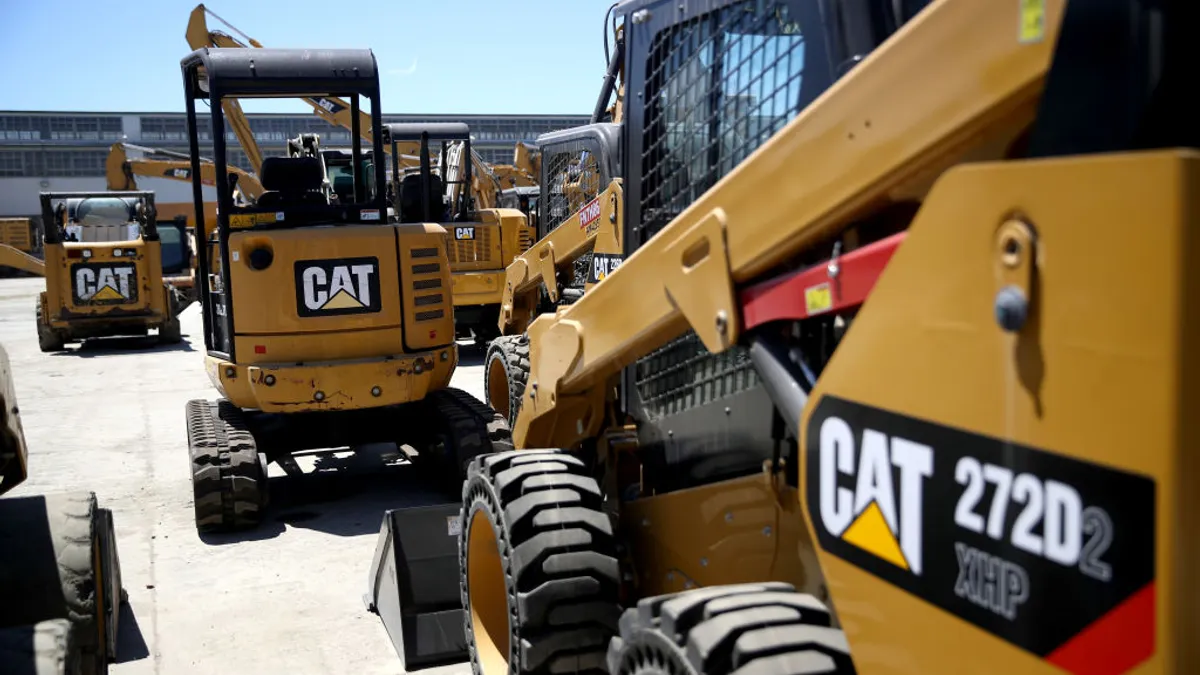Editor's note: The following is a contributed piece by Brad O'Neil, director of talent acquisition for Evernote.
I remember when startups first became the place to work during the dot-com boom — they were the fun, anti-corporate option with pingpong tables, casual dress codes and happy hours in the workplace. Scalable startup culture has come a long way since the ‘90s and companies are still prioritizing employee happiness to achieve big picture success, although it may be in different ways than before.
Employee satisfaction and a company’s ability to attract and retain superb talent are true signs of a company’s strength and good indicators of longevity. When making a decision on where to apply for a job, nearly 4 in 5 candidates say the overall experience is an indicator of how a company values its people. The power has recently shifted from companies to candidates. In the past, companies had all the power but now companies are often competing for candidates who have multiple job offers on the table (especially for technical hires in Silicon Valley), instead of the other way around. So good impressions go a long way when trying to attract the talent you need.
In addition to collecting a paycheck, the employees of today are looking to make an impact. Candidates are now motivated by factors other than cash, such as reputation, company size or mission. Company values and transparency have skyrocketed to the top of the list of requirements for a potential candidate, especially for millennials or Generation Z. Possibly due to the increased transparency in all of our lives that has resulted from the proliferation of technology and social media, workers are more open to talking about this topic in interviews and are more inclined to ask about what life is like working at your company toward a specific mission. Now more than ever, companies need to be clear about what they stand for and this sort of transparency attracts the right professionals.
At Evernote, our company culture relies on the power of "we" over "me," healthy debate, productivity and prioritizing our customers. We want all employees to be comfortable being their true selves at work and we’ve developed many programs, business and employee resources to support this — lending them a voice and building a culture of inclusion and respect. This was illustrated from the moment I walked in for my interview. I was interviewing for a few positions at various companies at the time and experienced a total of three completely different interview processes.
Unlike the other two companies, Evernote's team members and culture didn't feel hierarchical — my experience meeting with CEO Chris O'Neill felt similar to my interview with an employee who would be reporting to me. No one was vying to be the smartest in the room or get the last word in, and no one asked me bizarre questions like, "How many softballs does it take to fill a school bus?" It was one of the most nimble experiences of my professional career and they turned an offer around in a few hours, instead of the longer, drawn-out process that I've experienced at other companies. In addition to displaying their culture and values in the candidate "courting" process, companies need to prioritize their agility in the interviewing process and with extending offers, or they'll miss out on hiring great people.
It may seem obvious but the ideal way for a company to define and iterate on its culture is to listen to its employees. Understand what motivates them, how they like to be treated and rewarded and, most importantly, be authentic, transparent and communicative. Office culture and brand ethos are specific touchpoints when finding the right people for the job, and hiring for Company A is different from hiring for Company B. The key is finding talent that already embodies the values and mission of your brand instead of molding new employees to adhere to them. It’s important to consider the cultural and behavioral aspects of the company and the traits demonstrated by your best employees — look for the “it” factor that sets new hires apart from all other candidates that can simply do the job satisfactorily.
An experienced recruiter can usually tell within the first few minutes of an interview if a candidate is a good culture fit. Eye contact, enthusiasm, chemistry and general preparedness really do go a long way. We are looking for people who are talented, kind, passionate and genuinely want to be a part of the next iteration of our beloved brand. When we hire for culture, we build out a list of "superpowers" for all of our teams and then formulate questions based on the group the candidate would potentially join. These superpowers exemplify traits we would like to see in our hires and that we strive to embody every day. For example, on the People Team, our superpowers are:
-
Relationship managers: Value deep partnerships and approach them with empathy and authenticity.
-
Learning and growth mindset: Constantly seeking to learn more by staying curious, asking questions and listening actively.
-
Business acumen: Provide direction and align the people strategy with the company goals.
-
Taking care of business: Make quick decisions and take action; always considering the bigger picture and understanding interdependencies.
-
Trusted advisor: Act as role models, helping others to learn and develop the muscle of self-sufficiency through guidance rather than directives.
-
Artful communicators: Listen actively and communicate with empathy.
The process that starts with hiring doesn't stop once you've onboarded a new hire, either. You may have gotten your new team members in the door, but now you need to work almost as hard to keep them there. The best part is, as they grow with the company, they'll be your strongest brand advocates to attract and retain your new crop of employees as you grow your team. It's the gift that keeps on giving.










